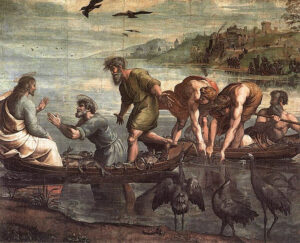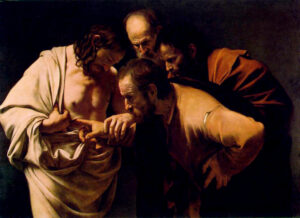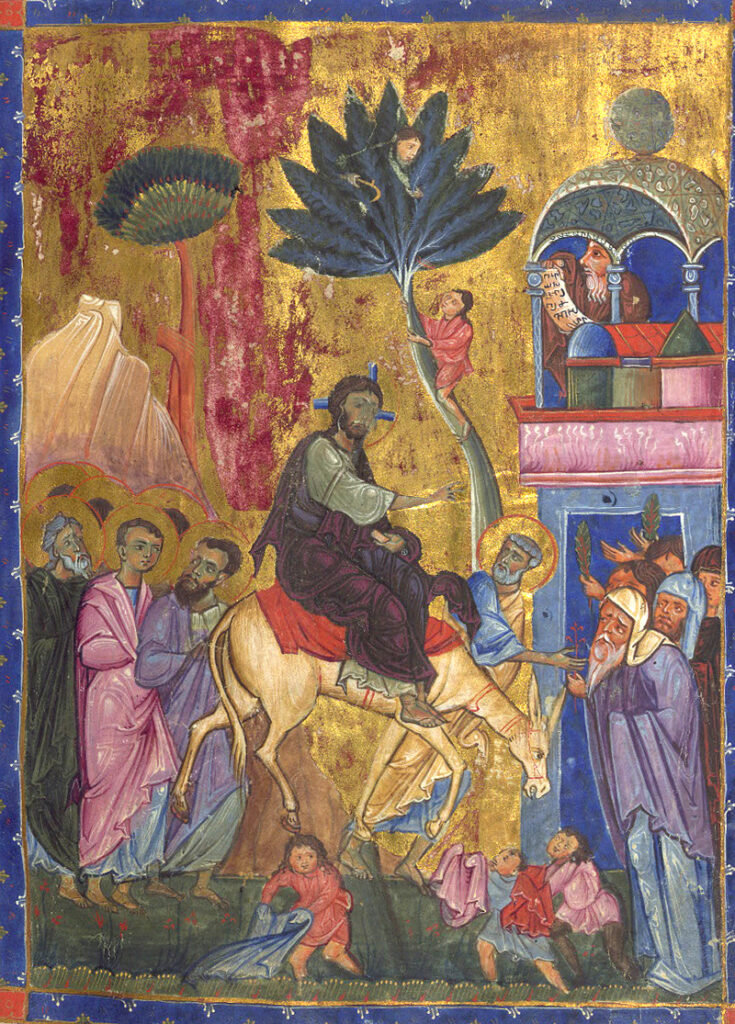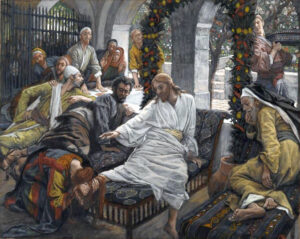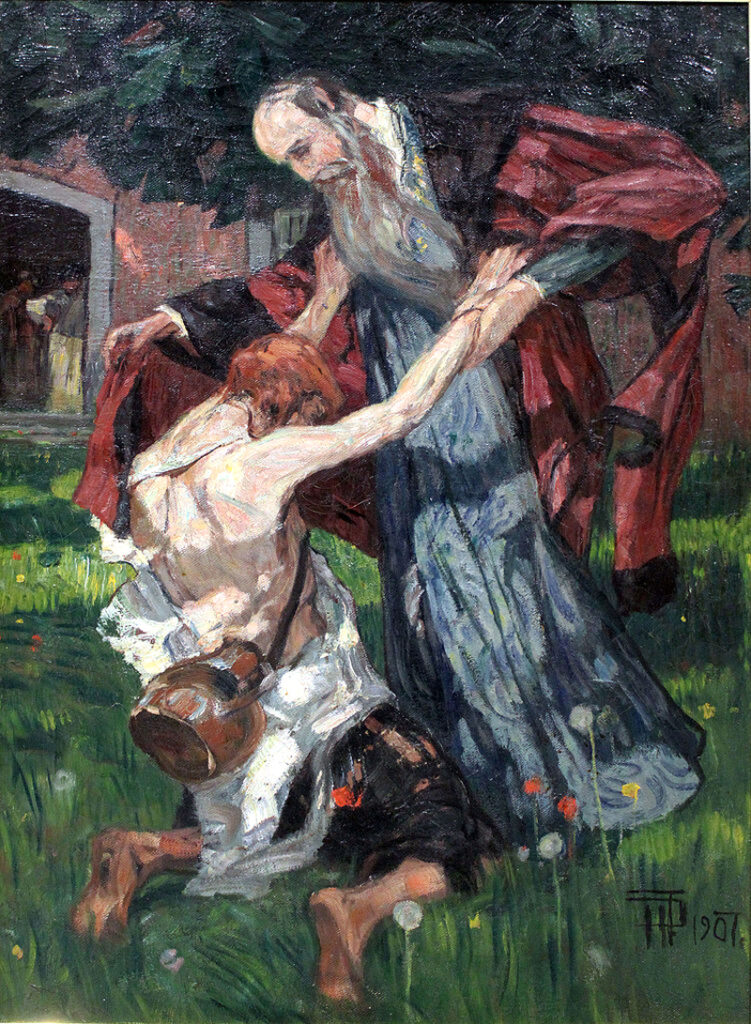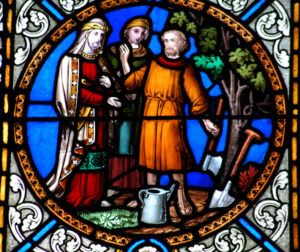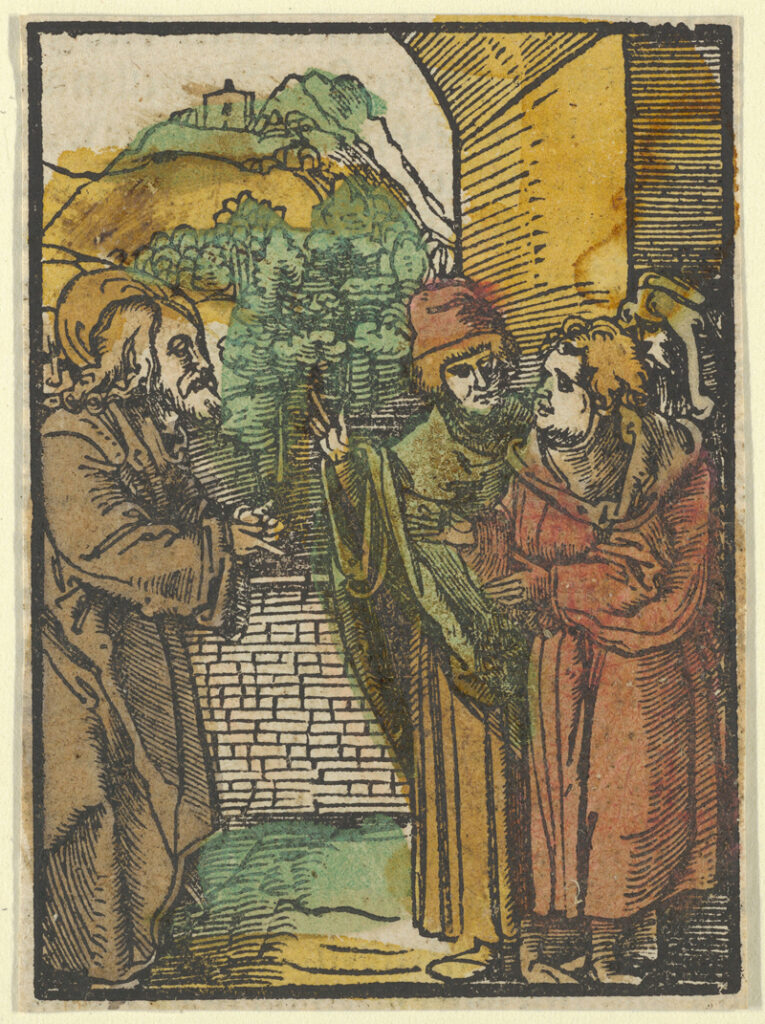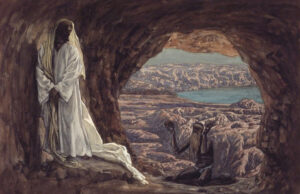Fourth Sunday of Easter
READINGS FOR THE COMING WEEK
- First reading
- Acts 9:36-43
- Psalm
- Psalm 23
- Second reading
- Revelation 7:9-17
- Gospel
- John 10:22-30
Gospel from John:
The festival of the Dedication took place in Jerusalem. It was winter, and Jesus was walking in the temple, in the portico of Solomon. So the Jews gathered around him and said to him, “How long will you keep us in suspense? If you are the Messiah, tell us plainly.”
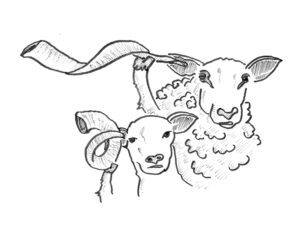
2018 Everett, Trey
Drawing
from Art in the Christian Tradition,
project of the Vanderbilt Divinity Library, Nashville, TN
https://diglib.library.vanderbilt.edu
Jesus answered, “I have told you, and you do not believe. The works that I do in my Father’s name testify to me; but you do not believe, because you do not belong to my sheep. My sheep hear my voice. I know them, and they follow me. I give them eternal life, and they will never perish. No one will snatch them out of my hand.
What my Father has given me is greater than all else, and no one can snatch it out of the Father’s hand. The Father and I are one.”
Notes:
Trey Everett is a graphic artist who has created images for some of the Lectionary readings. His work is available at www.treyeverettcreates.com.


